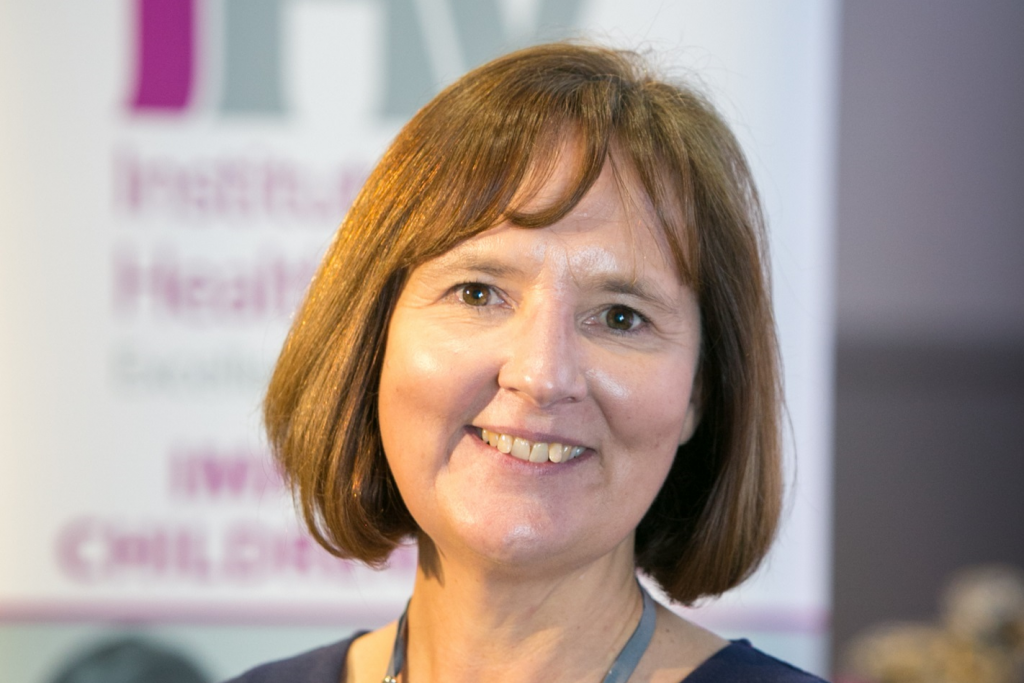6th January 2020
Happy New Year from all of us at the iHV. We are excited about the opportunities that lie ahead for us as health visitors in the year ahead.

Alison Morton, Director of Policy and Quality, iHV
A new year provides an opportunity to take stock of what has gone before and make ambitious plans to make the future even better. At the iHV we are almost bursting at the seams with ideas, projects and programmes that we hope will improve outcomes for children and families and the health visitors that support them (look out for future news items on a host of topics). Yet, we are also acutely aware of the challenges that many of you continue to face in practice and we will continue to champion the important role of health visitors with those that have the power to make the difference.
January is also a time of year when many health visitors will be working with families who have not experienced the best of times over the festive break – some families will be struggling with the consequences of drinking too much alcohol and the harm that this can cause to themselves, as parents, and their children.
We are delighted to be able to support health visitors’ important work to reduce alcohol-related harm with the launch of two updated Good Practice Points on “Reducing Alcohol Harm” and “Foetal Alcohol Spectrum Disorders”.
These GPPs, which provide quick and easy to use information to support your practice, were produced in partnership with colleagues at Public Health England (Alcohol, Drugs, Tobacco and Justice Division) and we thank them for their help (they are also a great team to work with).
The launch of these GPPs coincides with Dry January which is the UK’s one-month booze-free challenge that helps millions reset their relationship with alcohol every year. Dry January is promoted every year by the charity Alcohol Change UK – in their latest promotion they highlight that every hour someone dies as a result of alcohol in the UK and the campaign is aimed at reducing the harm caused by alcohol.
Alcohol consumption has a significant impact on people’s health and on the health and care system, with an estimated annual cost to the NHS of £3.5 billion. The Children’s Commissioner for England recently published data on the scale of vulnerability among children in England, highlighting that approximately 308,000 children live in families with at least one high risk drinker.
Health visitors are ideally placed to have meaningful conversations with parents about their level of alcohol use. Universal and targeted support provide ideal opportunities to share information on the guidelines on alcohol consumption, communicate the health risk associated with regularly drinking more alcohol than the low risk guidelines and to support individuals to change their drinking behaviour, if they need it.
These updated resources, alongside a large library of other resources for health visitors, are available for all our members – if you are not a member of the Institute of Health Visiting, please join us to gain access to all our resources.
With very best wishes for 2020,
Alison






